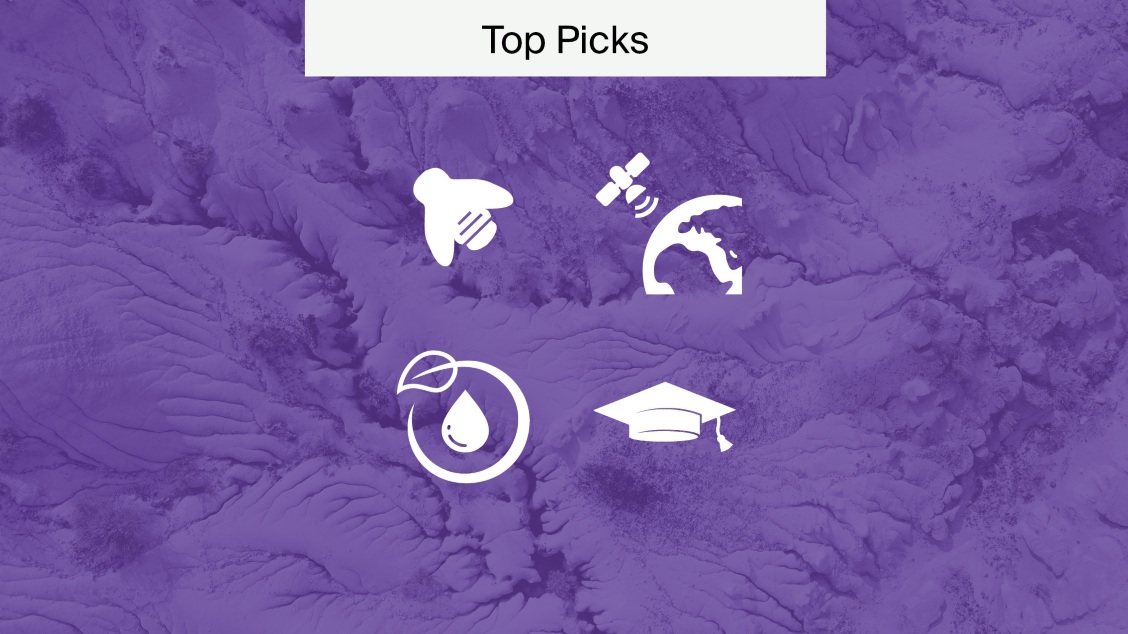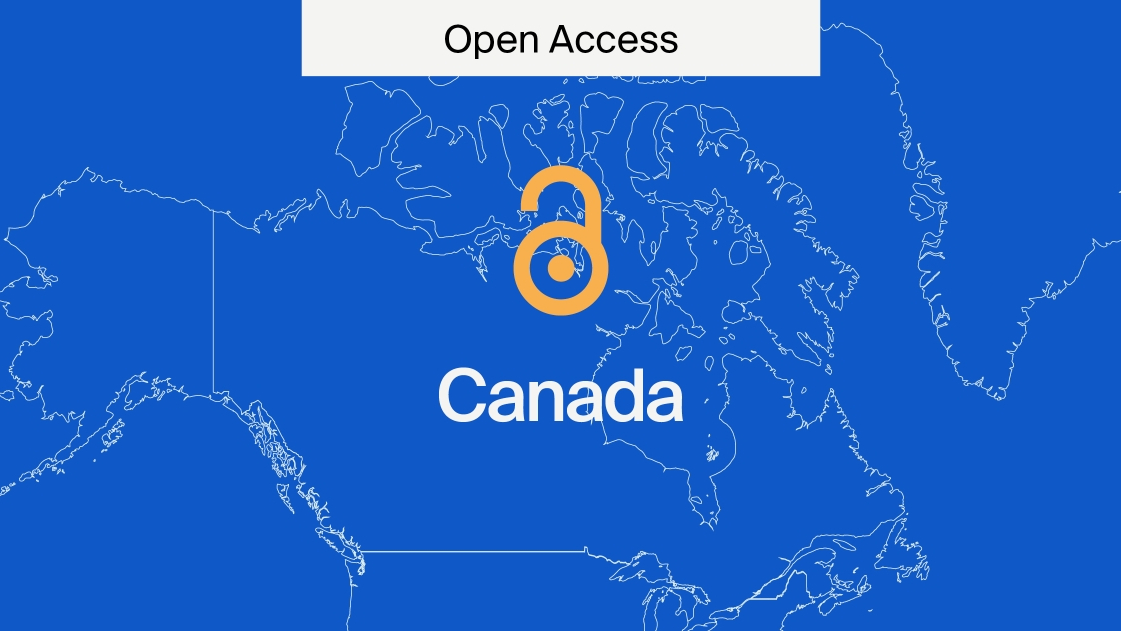
What are Open Access Mandates?
Open Access mandates or policies are rules or requirements set by governments, funding agencies, or universities that require work to be published in an Open Access format to varying degrees.
In this article, we will answer some questions or concerns you may have about Open Access mandates or policies. We’ll cover how they work, why they are implemented, and highlight some of the major examples.
What are the different types of Open Access mandates?
The word mandate can mean both to order someone or to give permission to do something. This means there can be a lot of variety in how strict a mandate is, with some suggesting and supporting OA publication and others requiring that all publications be published in a specific repository or OA journal.
Also, different requirements will have their own ways of achieving Open Access, whether that’s through green OA (publish in an institutional or disciplinary repository) or gold OA (publish in an OA journal). And they may be called ‘public access’ mandates, instead of Open Access, as in the USA.
The differences in mandates revolve around three main factors:
- Who implements the mandate: this can be your employer if you work for a higher education institution or research body, the body that is funding the research, or even the government.
- When the work must be made open: some mandates require immediate Open Access, whilst others contain embargos that allow the work to be published anywhere for a period (usually from 6 to 12 months) before being openly shared.
- Copyright clause: some mandates give authors rights retention, allowing them to publish wherever they want as long they deposit their work openly. Whereas, others may require authors to give up their copyright to the publisher for a fixed period before being able to publish openly.
It’s important to adhere to the requirements of mandates, so authors should familiarise themselves with the current policies before submitting research for publication.
How to check Open Access requirements
If authors do not adhere to mandates, there can be penalties like withholding grant payments or ineligibility for future funding.
Further, there can be additional conditions to the requirements. For example, researchers may have to share their data in an online repository or share software code.
To check if there are any mandates, you should look at your funder’s guidelines, speak to your co-authors, and visit your institution’s website or contact a member of staff. You can also use the Registry of Open Access Repository Mandates and Policies (ROARMAP). This is a searchable international registry for OA policies adopted by universities, research institutions, and research funders.
Why institutions and funders implement Open Access policies
The growing popularity of OA is a global phenomenon. This stems from the diverse benefits of OA, which we covered in a recent article. Here is a summary of them:
- Open licenses remove confusion about copyright and help speed the process of publication.
- OA articles gain more citations and from more diverse disciplines, institutions, and locations.
- Subscription costs for academic articles are very expensive, and heavily burden libraries and universities.
- OA enables the public to engage with research.
- OA enables interdisciplinary research by removing barriers between disciplines accessing research.
But do mandates actually encourage people to publish OA?
The impact of Open Access mandates and policies
Because the strictness of OA policies varies, their effectiveness does too.
However, even those with less strict requirements still have a great benefit. They publicly display an institution’s support for the OA movement. This helps continue the conversation and boost awareness, even if an institution does not yet have the infrastructure or funding to switch to fully OA publication.
The first large-scale analysis of compliance with OA rules looked at 1.3 million papers correlated with 12 funding agencies. It found that around 66% of the articles were OA. They concluded that:
Our research demonstrates that funders can clearly shape compliance through their mandates … When the proper structure and incentives are in place, researchers comply.
This demonstrates the potential of mandates and policies, both in spreading awareness and increasing compliance.
Examples of Open Access policies around the world
Governments and institutions are implementing policies and mandates that are spreading Open Access around the world. Here are some of the leaders in OA policies:
- The EU has a range of initiatives dedicated to establishing OA. Plan S mandates “full and immediate Open Access to peer-reviewed scholarly publications from research funded by public and private grants”.
- Japan requires that all articles resulting from nationally funded research must be made OA immediately on publication as of 2025. Moreover, it has policies that instruct researchers receiving funding to submit their work to national data repositories.
- The USA mandated that all US-funded research, including the supporting data, be made OA by the end of 2025. This can be satisfied by publishing in an OA journal or by depositing the “almost-final, peer-reviewed, and accepted version into a public repository”.
We outline the OA policies of countries around the world in our article, Open Access Policies and Mandates Around the World.
Commitment to Open Science
Mandates are a highly important part of publishing research, as not adhering to their guidelines can result in penalties. It’s always worth checking with your institutions, publisher, funder, or national guidelines.
MDPI is committed to Open Access, giving readers free and unlimited access to the full text of all published articles. It has over 400 journals dedicated to providing the latest findings, many of which publish interdisciplinary research. If you’re interested in submitting your work, see our full list of journals here.
Further, we’re dedicated to giving you all the information you need to understand Open Access. Our article All You Need to Know About Open Access covers a range of topics.











Very informative blog regarding open access mandates.
Thank you. We removed the link from your comment, I hope this is okay with you.
All the best.